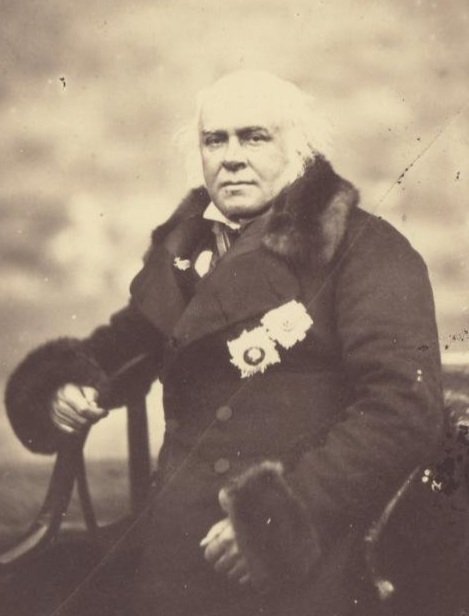Did you know? Our Scottish connections
Photo credit: The Elgin Hotel, Ottawa
By Nujma Bond
Hidden in plain sight, The Lord Elgin Hotel has a long and storied past, full of intrigue. From the moment you arrive and walk in its front doors, its history is palpable.
David Smythe is the hotel’s General Manager and has come to learn much about its past.
“The Lord Elgin opened during World War II during a very dramatic time period for Canada and the allies,” he says. He explains that its construction was controversial at the time because resources were being taken away from the war effort to build the structure. The then prime minister, William Lyon Mackenzie King, forged ahead as he wanted to create something positive during what was a dark time. The hotel was completed and opened to “great fanfare” in 1941.
Towards the end of its construction, stone masons arrived from Scotland to help finish the hotel, as there was a shortage of such workers in Canada at the time.
The hotel’s namesake, Lord Elgin, was the 8th Earl of Elgin - born in London, England to a Scottish family. He was also Governor General of the Province of Canada in the mid-1800s when it was still a British colony.
Lord Elgin portrait: Wikipedia… By Felice Beato
Lord Elgin’s father, the 7th Earl of Elgin, was born in Fife, Scotland and the hotel’s ties to this Scottish family live on to this day.
The current Earl of Elgin, the latest successor, lives in Edinburgh, Scotland, his son a distiller of scotch. Lord Elgin’s estate produces grain, some of which is used in creating his son’s liquor. After the current Lord Elgin suggested the idea, the hotel is now awaiting a shipment of this most Scottish of scotch, with plans to start carrying it later this year.
“It’s hard to believe when you look at the size of the building and the complexity of the architecture, they completed this hotel within in a year, start to finish,” Smythe exclaims. He explains how Mackenzie King had a strong hand in the architectural design of the building – and in its naming.
“He wanted the hotel named after the Lord Elgin who had “released” the elected government so that it could be free to pursue its own destiny,” says Smythe. In other words, he withdrew the King of England’s right to have veto power over bills being passed in the Canadian parliament. Mackenzie King also wanted it to be named for this same Governor General who was key in developing what could be described as convivial economic reciprocity with the United States – an early version of free trade.
And so, the fancy new building in town came to be known as The Lord Elgin Hotel.
As well as a destination spot, Smythe describes how it was a busy meeting place for military personnel heading for the train to Halifax, before deploying overseas.
As a fixture that has towered over the city for decades, the Lord Elgin Hotel maintains a stylish presence in Ottawa’s downtown region. Now in the midst of a renovation, its new lobby will include one of the shipping cases in which the busts of the original Lord Elgin and his wife (the hotel namesake’s grandparents) were sent to Canada. They were on the same vessel as Churchill himself, as he was crossing the Atlantic to attend a meeting in North America. From Halifax, the busts were put on a train to Ottawa and moved into the prime minister’s office, then over to the hotel when it opened.
Lord Elgin’s influence spread far and wide in Canada, and his given name at birth was James Bruce. A number of towns and locations in Ontario (and Canada) were reportedly named for him over time, such as the Bruce Peninsula and Port Elgin.
Be sure to stop by The Lord Elgin Hotel one day and absorb the history of this historic building, named for a well-educated, well-traveled, and well-connected Lord with very Scottish roots!


